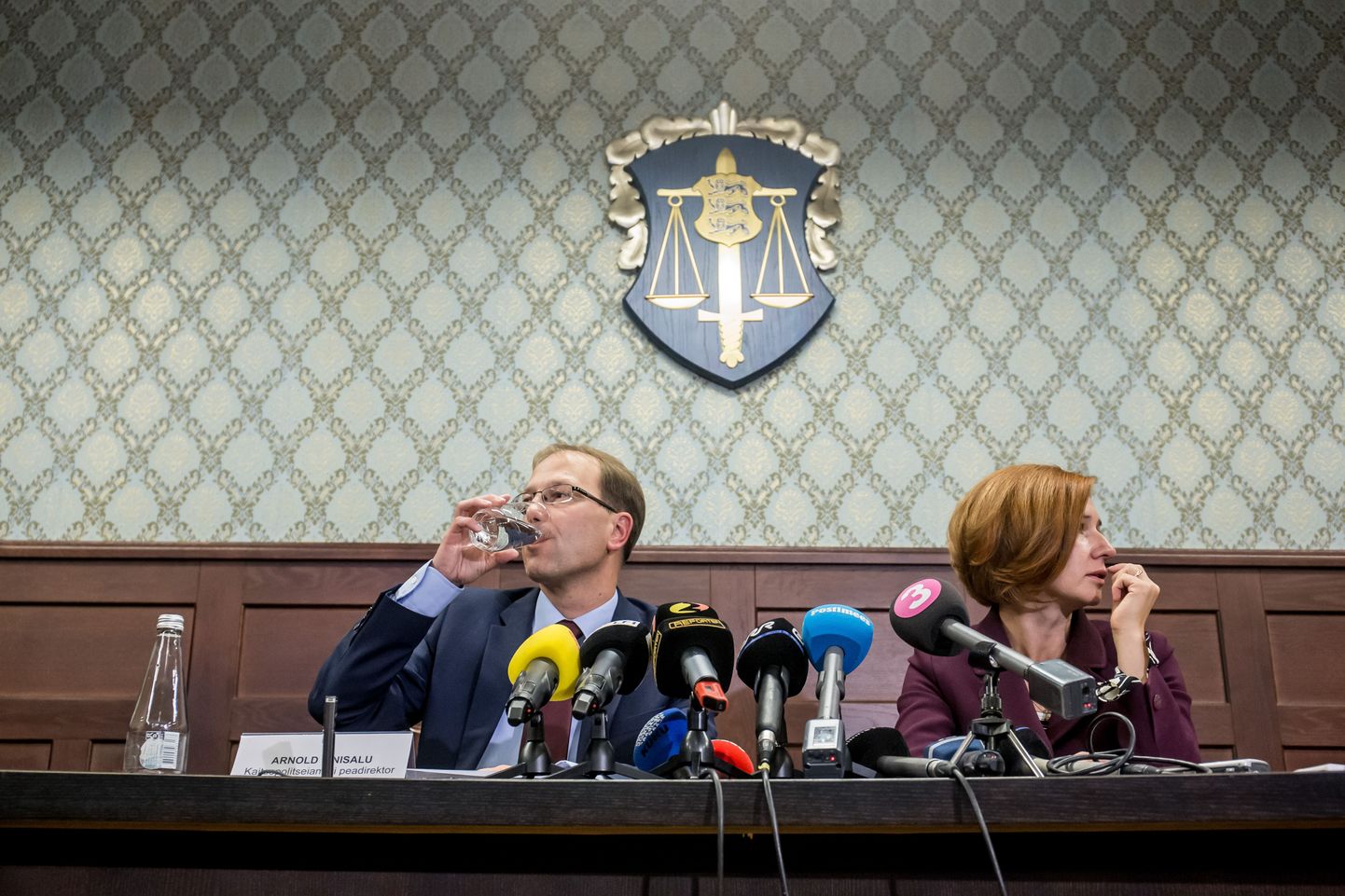The closed sitting was held to discuss an in-house investigation to get to the bottom of the leak and whether amendments could be considered to avoid similar cases in the future.
It was discussed whether it would be possible to restrict the accused and the defense's access to all evidence or shorten the time the defense has to analyze evidence to help avoid potential leaks.
Perling told Postimees that these measures are largely tied to the principles of rule of law. “In that case we would have to restrict the defender's right or limit their access to evidence either spatially or temporally or regarding the volume of the material. While it would be a solution, it would clash with the principles of defense law, which is why we did not discuss it as a realistic solution,” she said.
Another idea discussed was criminalization of leaking evidence. Could making it illegal solve the problem? “Perhaps,” Perling said, but added: “Considering proportionality based on rule of law, would it be sensible?” The attorney general concluded that rather it would not be a sensible solution.
Perling finds that it is the journalistic code of ethics that should deem publication of evidence before judicial proceedings objectionable. “While we understand the press is carrying out its function, the obligation of other institutions to ascertain the truth, maintain presumption of innocence, and conduct fair proceedings could be honored,” she said.

